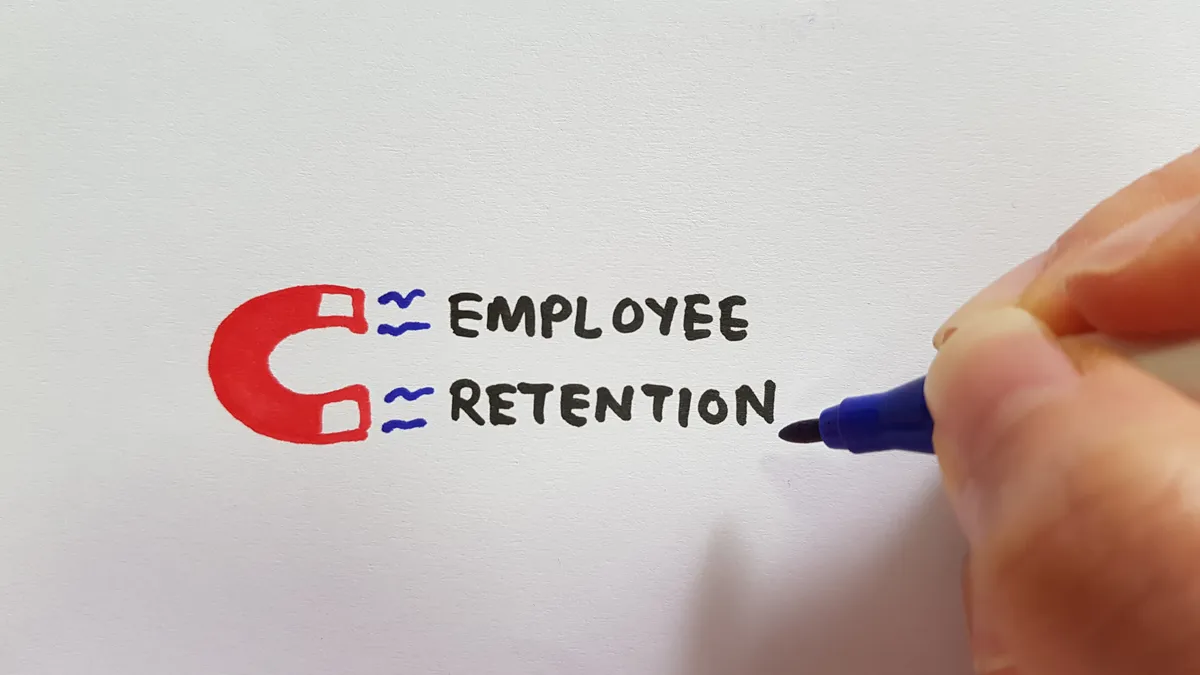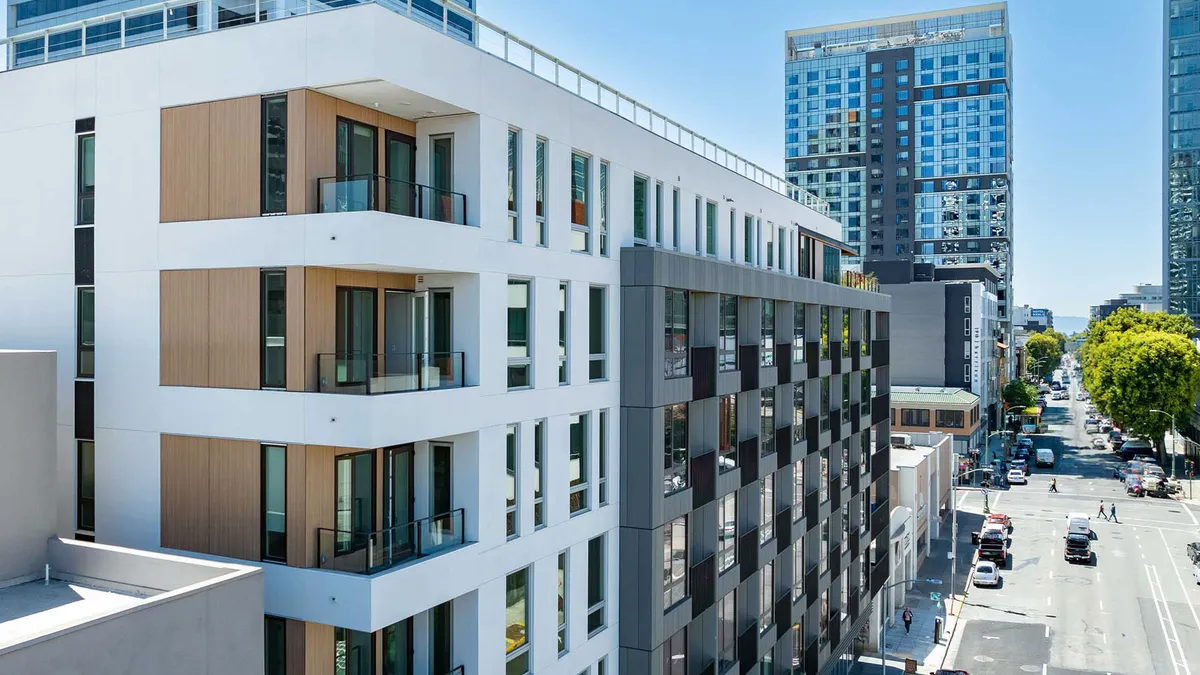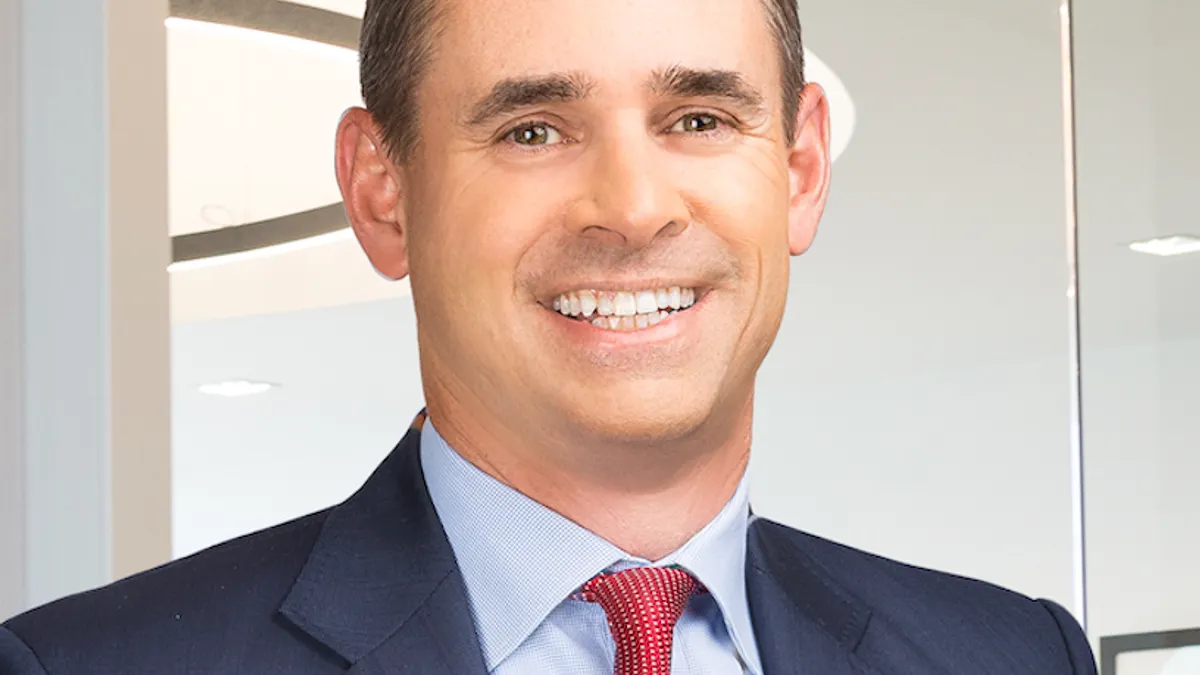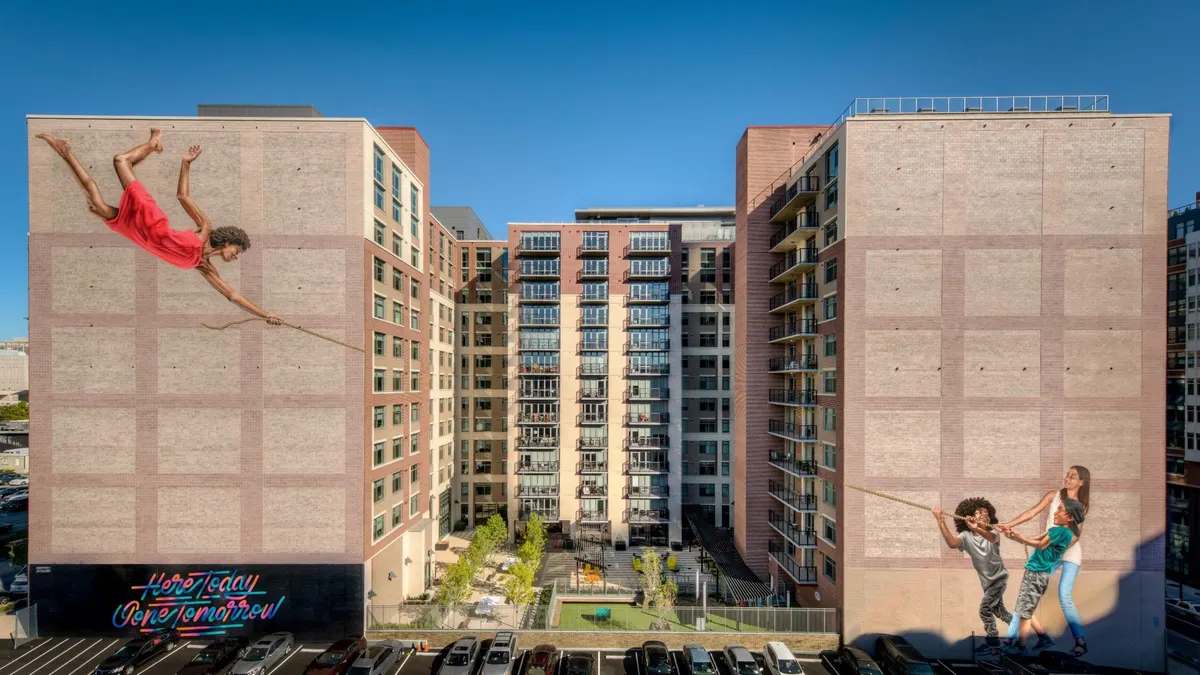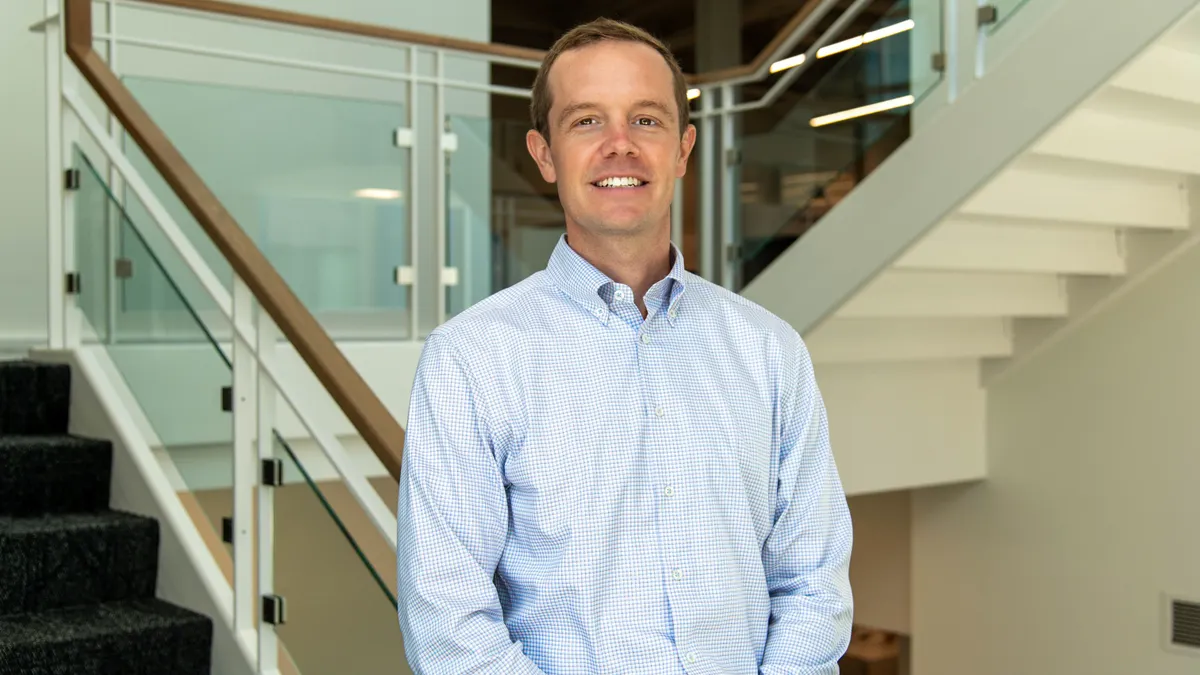“Resident experience” has been a rallying cry for apartment operators over the past decade. Companies have invested a great deal of time and money to ensure that their renters are happy with the services they receive and the amenities they use.
But the pandemic showed apartment executives that it wasn’t just residents who needed a good experience at their properties. They needed to look at the satisfaction of their on-site employees as well.
“Across the industry and beyond the borders of multifamily, we're seeing many major employers recognize that team members' experience matters,” said Denise Trentacosta, senior asset director at Phoenix-based operator MEB Management Services. “Coming through COVID-19, there was a shift in what is an acceptable work-life balance, what is not acceptable in a work-life balance and what it means to work to live as opposed to live to work.”
Even if job openings in the industry shrink, multifamily executives don’t expect to forget those employee satisfaction lessons anytime soon. “We believe that if we can create a great place to work, we will continue to not only attract talent but also retain talent,” said Mike Gomes, chief experience officer at Atlanta-based owner and manager Cortland.
Here are four ways that Trentacosta, Gomes and other management executives are working to attract and retain talent.
Pay and benefits:
Any discussion of worker satisfaction usually has to start at one place — pay and benefits. Like the rest of the world, property staffers have been hit hard with inflation over the past year. Between that and continuing impacts of COVID-19, they’ve felt a little “disconnected,” according to Trentacosta.
“We've spent time over the last year strengthening compensation packages, the hourly rate and the benefits that MEB has prided itself on for the last two decades — medical benefits, insurance, paid time off, recognized holidays and compensation packages,” Trentacosta said.
Farmington Hills, Michigan-based manager Village Green, the No. 38 apartment manager in the country, according to the National Multifamily Housing Council, is also focusing on attracting talent and driving higher retention through health benefits, education perks, paid time off and work day and time flexibility.
For Wellington, Florida-based apartment operator and builder The Bainbridge Cos., the often-overlooked and in-demand maintenance workers are a priority.
“We look at different ways to give different perks and bonuses and improve their quality of life,” said Dana Caudell, president of property management at Bainbridge.
Rethinking hours:
In her 25 years in the apartment industry, Caudell says management office hours never really changed from Monday through Sunday. But now that is evolving, at least partially because of technology.
“We are looking at possibly changing hours,” Caudell said. “We've already closed pretty much portfolio-wide on Sundays. We're looking at Saturdays as an option because we have rolled out so much technology with chatbots and virtual tours [to communicate with residents]. We may be looking at some different self-guided tour options.”
As chatbots and other technologies handle more of the leasing burden, on-site staff will be freed up to work with residents during weekday office hours.
“We want the on-site team focusing on servicing the residents, whether it’s prospects coming in or the current residents,” Caudell said. “It’s the same for the service side. We forget those guys work really hard seven days a week.”
Provide growth opportunities
For many companies, providing advancement and the skills to achieve those opportunities is a way to both retain workers and attract new hires.
Village Green is investing in training and development, mentorship, recognition and rewards programs and diversity and inclusion initiatives to help increase employee satisfaction.
“We’re using our learning management system to incorporate more mid-level managers to executive-level training and development opportunities,” said Diane Batayeh, CEO of the company.
Growth is more than just training, though. It also means promotions. Cortland, with a heavy focus on cities like Houston, Dallas and Atlanta, has the scale to offer those opportunities. “We provide them growth opportunities, which we've been able to do through acquisition,” Gomes said.
With its most recent acquisitions, Cortland can offer more upward mobility within a particular metro. “They [associates] don't even have to move markets,” Gomes said. “They can go from service tech to a service manager at a different community in Orlando. And you still work for Cortland.”
Putting a focus on tech
Part of the problem apartment firms have had filling roles isn’t that there aren’t available workers. Instead, it’s that people don’t necessarily want the jobs that are open.
“The jobs being made available are not in line with the way workers prefer to work,” said Janine Jovanovic, chief growth officer for Vienna, Virginia-based apartment owner, manager and developer Middleburg Communities. “They're not leveraging the types of technologies and efficiencies that are available to other industries.”
Right now, Jovanovic says property management jobs are not necessarily aligned with individual capabilities, competencies and desires, which is why keeping people is challenging.
“We're asking people to do things they're not inherently inclined to do,” Jovanovic said. “For example, we're asking people to manage paperwork, do bookkeeping and a lot of administrative-type tasks in the field. But when they joined, they wanted to do customer service.”
Over time, Jovanovic says that will change as more of these roles migrate to centralized offices. “You’re going to see a lot of changes with regards to job duties and how they're structured,” she said. “I also think there's a tremendous opportunity to offload some administrative burdens from the site itself.”
Click here to sign up to receive multifamily and apartment news like this article in your inbox every weekday.



